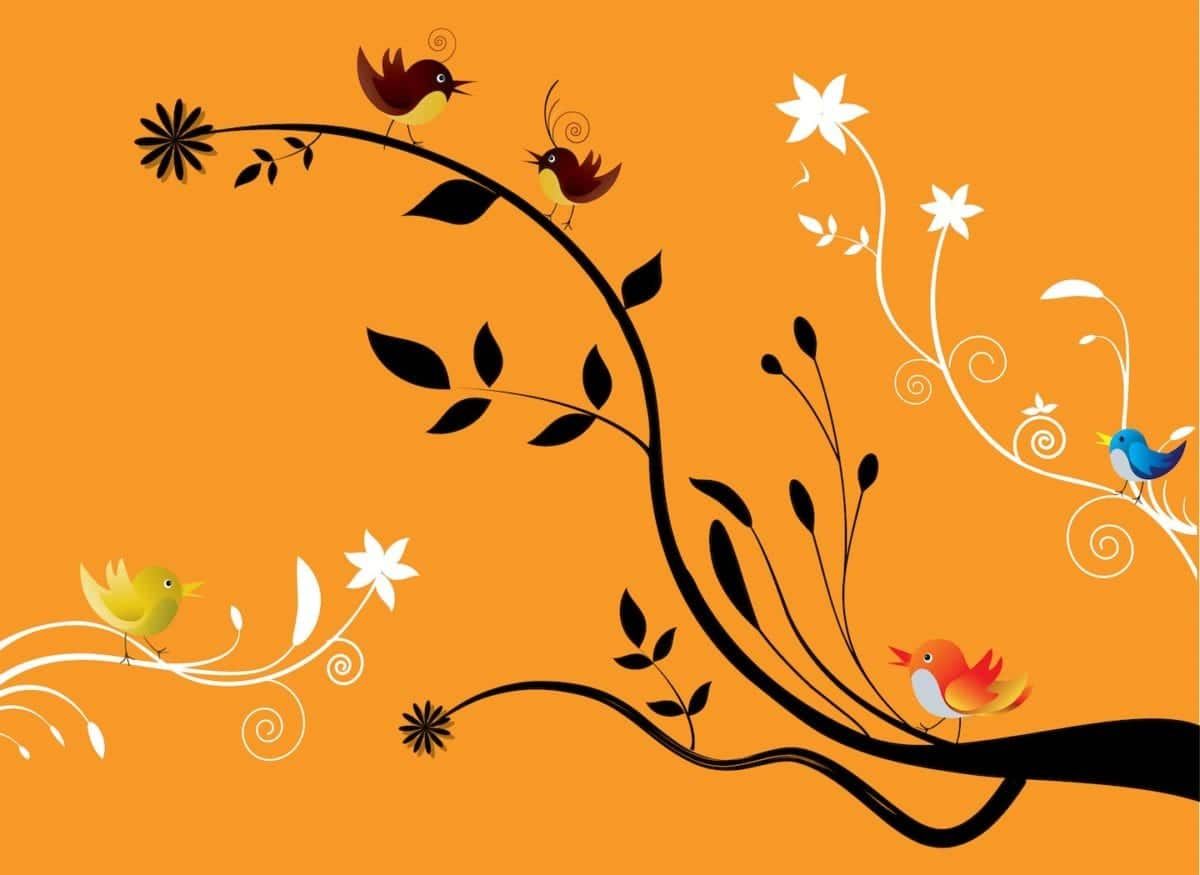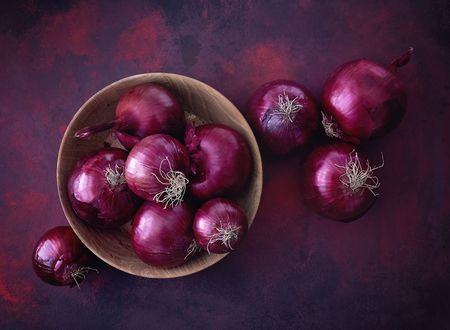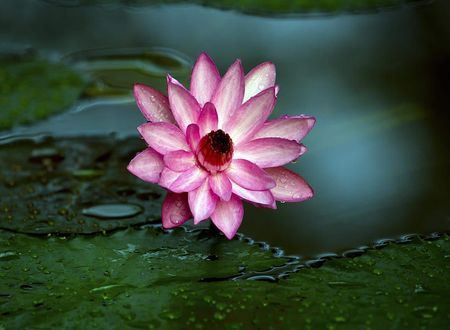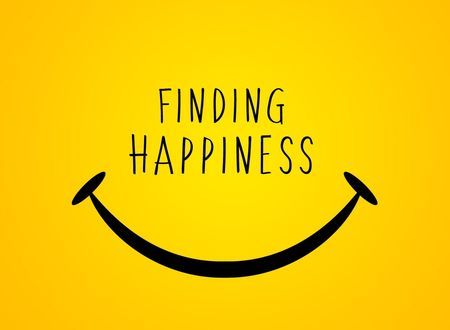Last year while listening to The Secret of Secrets by Osho (thank you, Audible!), I came across an interesting story from the life of the Russian mystic, G.I. Gurdjieff. Although in my own study of Gurdjieff’s works I’d undertaken a few years ago, I don’t recall reading any such incident in his life. Nor was there any mention of a story like that in the works of P.D. Ouspensky (one of his longtime pupils). So, while I can’t verify the factual accuracy of this anecdote, it does carry a beautiful message.
I get this all the time from those who come in touch with me: how do I control my anger? Or, why do I fail in the face of temptations? I can’t ever seem to stick to my resolutions. Why, why, why?
I’ve taken the liberty to use my literary allowance in sharing with you this tale in my own words:
Legend has it that when Gurdjieff was a small boy, his dying grandfather summoned his beloved protégé to be by his side. Of Greek descent, the old man had studied the great Greek philosophers all his life and had a compelling piece of advice to pass on.
“Life is a constant stream of moments,” he said, drawing the nine-year-old Gurdjieff closer. “On their own, those moments are good and pure. But, the path of this stream is littered with the snares of urges and immoral choices. The more you give in to temptations, the worse your life will become. You understand what I’m saying?”
Gurdjieff nodded, his eyes welling up to hear the feeble voice of his grandpa. He knew this was perhaps their last interaction.
“I have no wealth to give you, no houses, no horses,” the old man said, “but, I have some golden words for you. You etch those on your mind, and you will never regret a day. You see, my boy, life will put you through innumerable tests and temptations. Don’t let them drag you down the perilous road of conceit or self-destruction. Carefully separate the good from the bad and then choose the former. Good choices lead to good outcomes.”
“But, how will I know what is good?” Gurdjieff asked.
“It’s hard to say. There’s no certain way of figuring that out but I can give you the rule of thumb: whenever you are hurting anyone or telling lies, it’s unlikely to be a good thing. One day, it’ll come back and haunt you. Remember what Aristotle said, ‘A pursuit of honor or material wealth can’t be the highest good. Instead, it is what helps you maximize your faculties as a human being.’ In simple words, you must strive to become a better human being. You understand?”
Gurdjieff nodded again and said, “I promise you, Grandpa, I will.”
“Now that you have given me your word,” the old man said, “I can give you the secret of happiness, of living a life of goodness. You listening carefully?”
“Yes.”
“Whenever you are tempted to do anything bad, or you are angry and want to give someone a piece of your mind, just delay it by twenty-four hours. Never respond in haste. And, any time you have the opportunity to do any good, never postpone it. Do it immediately.
A series of good choices, a series of right actions eventually come around to insulate you from the undesirable situations and events in life. Really, it’s that simple. Good thoughts, words and actions culminate to become your shield. It’s not that life will stop shooting arrows, but you stand protected.
And, I think most people can see the value in this strategy: postpone your unkind actions and do the kind ones with a sense of urgency. The issue, perhaps, is not in understanding but in execution. That is, how do we ensure we remember this when we are mad with anger and all wisdom is heading south? Temptations, habits, urges and our automatic responses trigger forgetfulness. A fit of rage scares and flees the goodness out of us like a loud clap does to birds perched on a tree.
How do you ensure that the mindfulness required to deliver a measured and delayed response stays with you when we need it the most? First, of course, is the practice of mindfulness itself which is cultivated by repeatedly bringing your awareness to the present moment. Two simple questions will do it for you: a. what am I doing right now and b. what should I be doing in the present moment?
Second, even more importantly, a conducive environment is critical to the practice of mindfulness and kindness. You want to compete in swimming in the Olympics? Well then, you ought to practice your laps in an Olympic-sized pool at some stage. It will matter one day. The sooner the better, the more the better.
Can a man take fire to his bosom, and his clothes not be burned? Can one go upon hot coals, and his feet not be seared? (Proverbs 6:27-28).
Put yourself in the right environment and watch the miracle of mindfulness unfold effortlessly. Create the right conditions and see the magic happen.
“Look how badly the roof is leaking!” Mulla Nasrudin’s tenant yelled. “I’ve been telling you for months now. How long will this damn thing go on?”
“Can’t really say, my friend,” Mulla said calmly, “my forecast of the weather is almost always wrong.”
Our handling of any situation depends primarily on two things. Our view of life and our habits. A change in these brings an automatic shift in our feelings, reactions and comebacks.
Always postpone an outburst. Never delay a good deed.
Peace.
Swami
A GOOD STORY
There were four members in a household. Everybody, Somebody, Anybody and Nobody. A bill was overdue. Everybody thought Somebody would do it. Anybody could have done it but Nobody did it.
Don't leave empty-handed, consider contributing.It's a good thing to do today.









Comments & Discussion
27 COMMENTS
Please login to read members' comments and participate in the discussion.